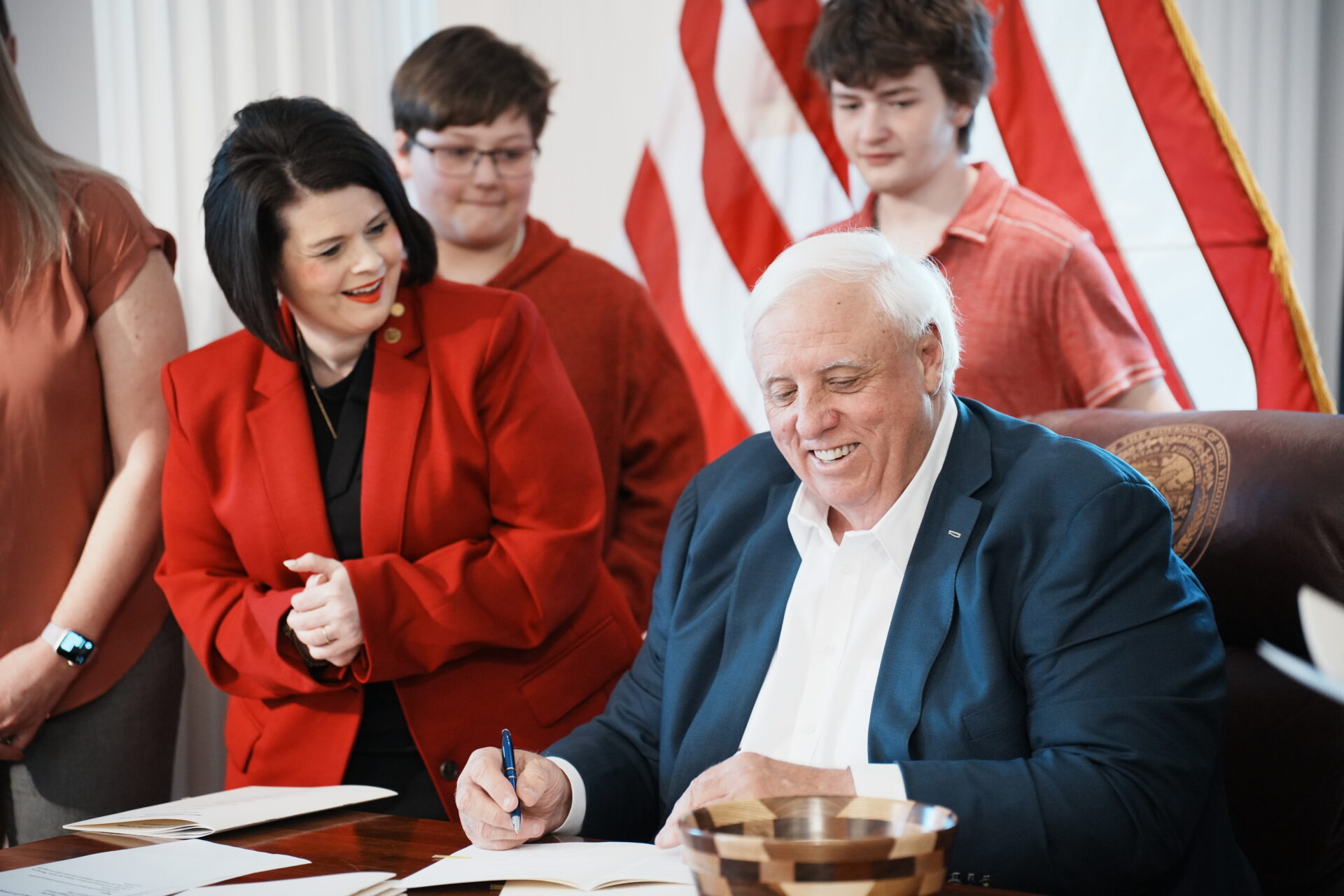In a flurry to get completed bills signed before a constitutionally imposed Wednesday deadline, Gov. Jim Justice put pen to paper on many, and let others simply become law. The governor has 15 days to either sign a bill or veto it after the end of the session. The governor also can allow a bill to become law without his signature.
Justice signed House Bill 2007, restricting medical options available to youths going through gender dysphoria. The law bans gender-affirming care, including medications, to anyone under the age of 18 in most circumstances. Under the bill, some young people with severe gender dysphoria may be able to access hormone therapy if the diagnosis is confirmed by two doctors, including a mental health care provider, and if the minor has parental consent. The bill will go into effect on January 1, 2024.
Planned Parenthood South Atlantic provides gender-affirming hormone therapy in West Virginia. Representatives say gender affirming care improves health outcomes for patients who are transgender or nonbinary.
“I cannot count the number of patients that we have seen who had seriously contemplated or even attempted suicide in the past who now tell us they are so much happier after starting gender-affirming hormone therapy,” Planned Parenthood South Atlantic clinician Carrie Lett said. “Although some young people may still be able to get the care they need, this law still amounts to the government putting politics over people’s lives and interfering with medical best practices.”
Justice said he struggled with House Bill 2820, allowing Hope Scholarship recipients to participate on public school teams unless the sport is already offered at their school.
An amendment to the bill allows student-athletes to transfer schools at least one time and keep their athletic eligibility. He let the bill become law without his signature.
“I fully support the ability of our HOPE scholarship recipients, students in microschools or learning pods, homeschooled students, or our private school students to participate in extracurricular activities at their school or at their local public school,” Justice said. “However, allowing student athletes to transfer to any school whatsoever with no purpose other than jumping to a better athletic team will do nothing but make a few teams better at the expense of all the others.”
Justice signed House Bill 3018, the so-called “child marriage bill.” The new law removes the possibility that anyone younger than 16 could marry. Those aged 16 and 17 would have to obtain parental consent and they couldn’t marry someone more than four years older than them.
Among other bills signed; House Bill 3135, raises the salaries of the Governor and Constitutional officers beginning in 2025, House Bill 2310, changing West Virginia vehicle inspections to every two years, Senate Bill 613, creating certificate of need exemptions for hospitals and physician groups and House Bill 2436 creating an acuity-based patient classification system meant to help address nursing staff needs.
Three hundred and thirty-three bills passed during the 2023 60-day legislative session that ended March 11.
